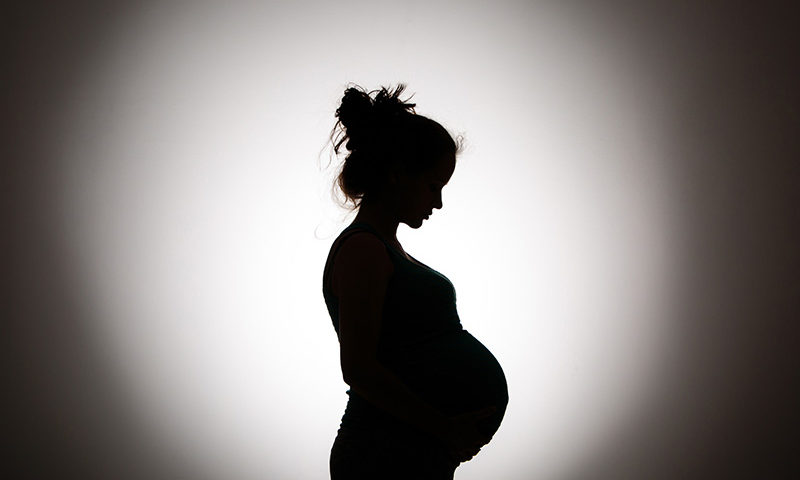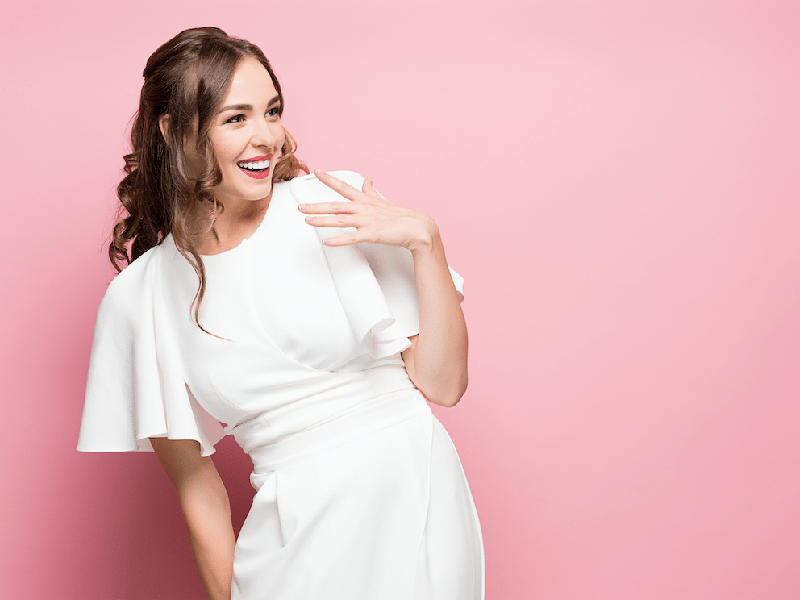Surrogacy Story #3

Surrogacy Story #4
January 30, 2020
Surrogacy Story #2
January 30, 2020
“She said she’d be babysitting our embryo”: What’s it like to carry a child for a friend?
In 2014, Laura, a nursery manager, and her now-husband Grant were about to start IVF for problems unconnected to her own fertility when a routine smear test detected cancerous cells. “They talked about a hysterectomy,” she remembers. “Knowing my illness would take away my chance of having children was what broke me, not the cancer.” By this point in the story, both women are in tears. “As we left the hospital, I told Grant to leave me,” Laura adds. He didn’t. And while a hysterectomy was ruled out, Laura spent Christmas and New Year’s Eve undergoing treatment, with Kerrie by her side. She had delayed it by one month, so her eggs could be extracted and later used to try for a child via surrogate.
In April 2015, a scan revealed the tumor had gone. When Grant and Laura married in Cyprus in 2016, Kerrie was a bridesmaid. “When I was ill, a few friends had offered to be a surrogate,” Laura says. “And when we finally came round to thinking about it, two years ago, it was Grant who said: ‘It has to be Kerrie.’”
Kerrie, 33 and a hairdresser, had a similar conversation with her husband, Danny. “At the clinic, he told us he knew when Laura became ill that I would do it one day. I’d had two good pregnancies and it would only be nine months of my life to improve hers forever. I focused on seeing them with a child.”
Although it was NHS-funded IVF that had led to the discovery of Laura’s cancer, when surrogacy became her only option, the funding was withdrawn. “I didn’t let it go without a fight,” she says. “Ultimately they were taking it away because I had cancer. The NHS saved my life; to then dictate that life
In the end Laura’s family paid for her treatment. “They would have helped me with a house deposit but I said, no, give me a baby, please.” The surrogacy was delayed when Kerrie unexpectedly became pregnant with her third child in 2018, but in October 2019 Laura’s eggs were thawed. Eight had been fertilized – but only one looked viable for transfer and pregnancy. It was placed in Kerrie’s womb on 7 October. The women held hands as they sat on the clinic’s bed. “When they told us there was only one chance, I couldn’t look at Laura,” Kerrie says. “She can read my thoughts. I wanted to stay positive for her but the pressure was huge.”
On 23 October, two clear lines showed on the pregnancy stick, but Kerrie tested and retested, with Laura by her side, to be sure. Both women were ecstatic. However, on 1 November Kerrie started bleeding. A miscarriage, at five weeks, was confirmed two days later at hospital.
“It hit me like a ton of bricks,” Kerrie says. “I’d been carrying her most treasured possession. We were numb. We drove home in silence. My priority was being strong for her but I was broken. We went from speaking all day, every day, to nothing for 48 hours. I’d type a message asking, ‘Are you OK?’ then delete it. When we eventually sat down together, we cried our hearts out. I felt responsible but I knew I’d done everything I could.”
Laura is still coming to terms with her grief. “I was uncontrollable, heartbroken. We each had our own grieving to do; it wasn’t that we didn’t want to speak, we just didn’t have the words and didn’t want to add to each other’s pain.”
Kerrie has offered to be a surrogate again, with a donor egg, but Laura says she couldn’t put her friend through it. She has also thought about adoption but needs time to heal before giving it serious consideration.
“I don’t think anybody realizes how difficult the process is,” she says. “Kerrie gave me my only chance of being a biological mum. I didn’t know I could love her any more than I already did.”




